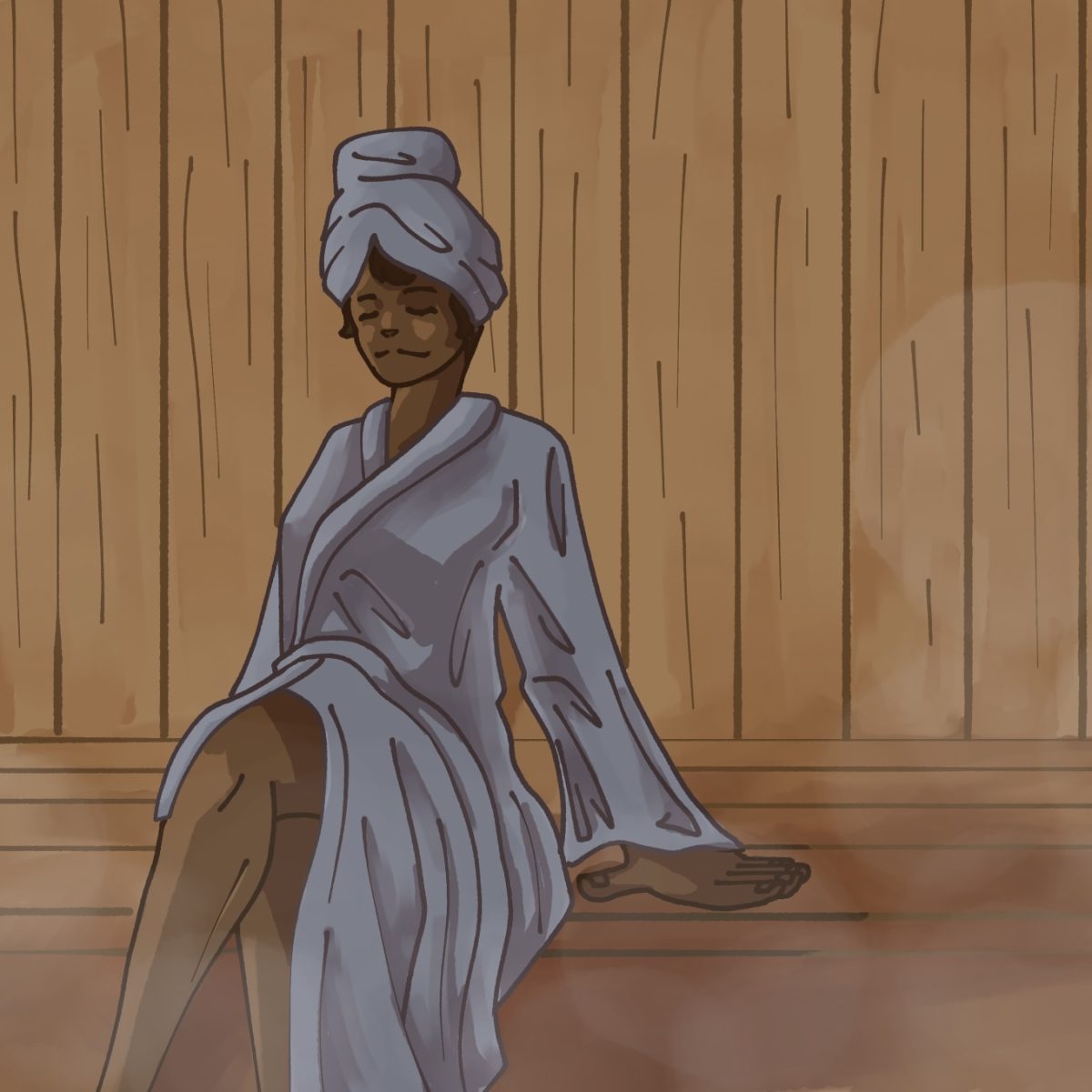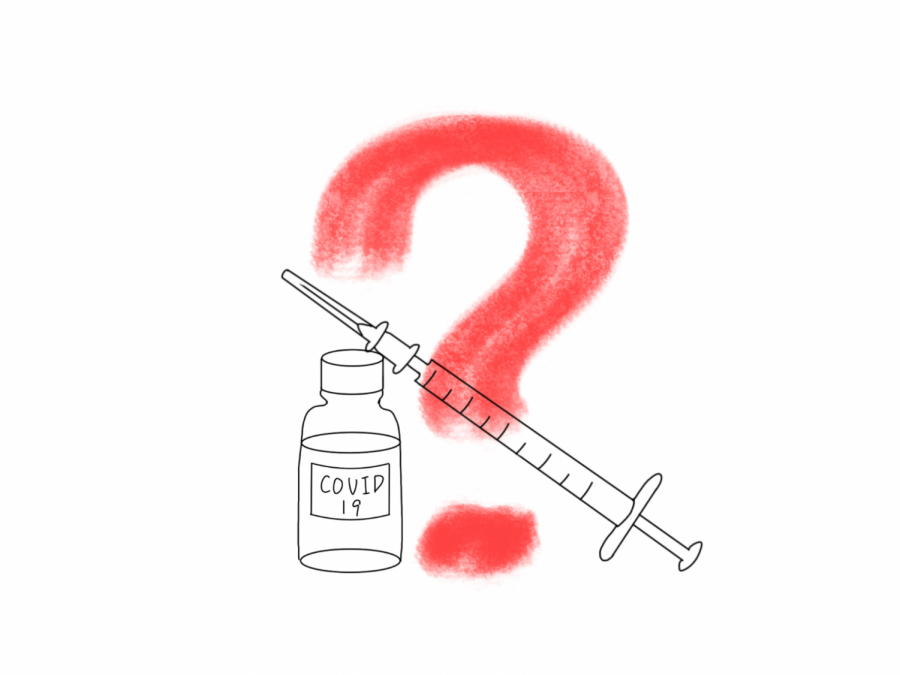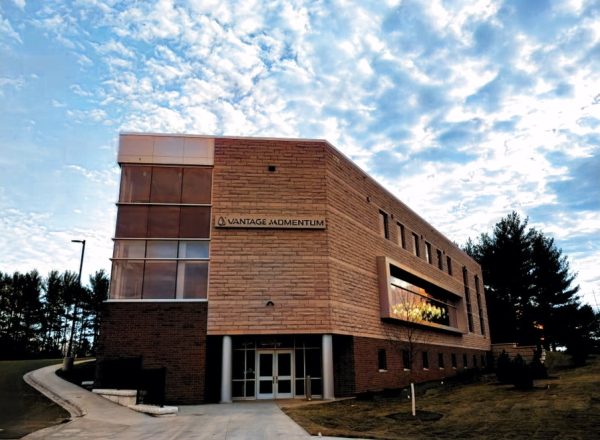Is the COVID-19 Vaccine Safe?
May 21, 2021
The COVID-19 vaccines were first distributed near the end of 2020, but they were not available for all Americans until May 1, 2021. Since the beginning of the distribution, there have been 249 million doses administered and 107 million people fully vaccinated. The vaccine has been essential for protecting people from the virus and changing the course of the pandemic.
However, stories about serious side effects or the pausing of the Johnson & Johnson vaccine have made people hesitant to get vaccinated. Widespread myths have been shared about the vaccine being rushed when developed, and some have even claimed that COVID vaccines implant a microchip funded by Bill Gates. It is hard to determine whether or not this vaccine is safe and whom to believe.
Americans now have access to Pfizer, Moderna, and Johnson & Johnson vaccines; however, use of the Johnson & Johnson vaccine was briefly paused due to blood clotting in early April, despite its 72% efficiency rate. This vaccine used a common virus as a shell to carry the genetic code of special spike proteins, helping the body make antibodies and memory cells to protect the body from COVID. The CDC and FDA both issued a statement to halt the distribution of the Johnson & Johnson vaccine in early April because there were reports of six rare blood clotting disorders occurring among women 18-48 shortly after getting the vaccine.
The Pfizer vaccine is currently the most effective vaccine with a 95% efficiency rate preventing COVID-19 from infecting people and 100% effectiveness in preventing severe disease. The Pfizer vaccine uses the mRNA vaccine method to deliver instructions for the body so that it makes specific spike proteins to protect the body from the virus. Immune response is simulated through these proteins, and antibodies are produced, developing memory cells to prevent harmful reactions to COVID. The Moderna vaccine works similarly to the Pfizer vaccine and it has a 94% efficiency rate for people without previous health conditions.
The AstraZeneca and Novax vaccines are two other COVID-19 vaccines; however, they are not available in the USA. The AstraZeneca vaccine is a lot cheaper than other vaccines, but it has also caused blood clots for some recipients. The European Medicines Agency claimed the benefits outweigh the risks, and it is still widely used in countries outside the USA.
The Nonavax vaccine has been effective against both the COVID-19 virus and mutations that have occurred in Great Britain and South Africa. This vaccine was slower to develop, but it could be cleared to use in May for Americans.
In a study by King’s College London, one out of four recipients of the Pfizer or AstraZeneca vaccines had mild side effects, such as headaches. Some people who had allergies or anaphylactic shocks in the past,reported to have rare, yet serious side effects to the vaccine.
Dr. Thomas Campbell, who has overseen the clinical trials for the Moderna COVID-19 vaccine at the UCHealth University of Colorado Hospital, said, “These anaphylactic reactions are very rare. We only started seeing them after millions of people started getting injected. They did not show up at all in the trials when 30,000 to 40,000 people were getting vaccinated.”
A senior who is fully vaccinated with the Pfizer vaccine, Anna Cherian, ‘21, said “I do feel like the COVID-19 vaccines are safe. After undergoing extensive test trials, they were proven effective and safe. I see the value in protecting yourself and your community and I believe that can only be done when we all vaccinate and follow COVID-19 protocols. I think the amount of misinformation surrounding the vaccine is very disappointing, and it has scared millions of Americans.”
Although many still stay skeptical of the vaccines, according to the CDC, the vaccines are “safe and effective,” and they recommend people to get their shot as soon as possible. There have been many people who have been safely vaccinated, and doing so has been proven to help reduce cases of serious illness from COVID-19. It is still important to research the different vaccines, and one should be cautious if they have any pre-existing health conditions; however, getting vaccinated is essential to protecting oneself and the community from COVID-19.
































